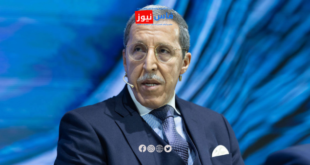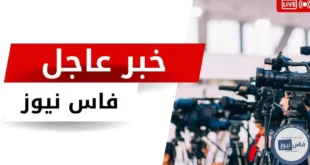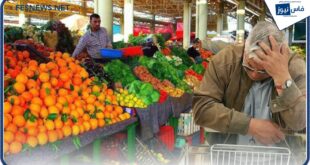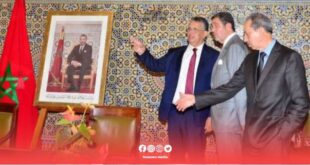The Secretary-General of the Popular Movement party (HMP), Mohamed Ouzzine, has asserted that Morocco is no longer merely experiencing a state of “power grab” but has reached a more dangerous level of “predation.” He stated that the parliamentary majority’s initiative to form a fact-finding committee regarding the sheep import subsidy file is a pivotal moment that will determine whether Parliament truly represents the people or is subject to the influence of vested interest lobbies.
Ouzzine specifically addressed the Istiqlal (Independence) Party, a member of the ruling coalition, urging its ministers and parliamentarians to sign the petition for the committee’s formation. He continued, “We have extended our hands to the Istiqlal members, and we await a clear stance from them. They cannot hide behind slogans… Either they truly fear God in the Moroccan people, as their Secretary-General said, or they are merely engaging in emotional manipulation.”
Nizar Baraka, the Minister of Equipment and Water and Secretary-General of the Istiqlal Party, had previously stirred controversy with statements calling for “fearing God in the Moroccan people,” criticizing the continued rise in prices, which was interpreted as opposition to government policies in which his party participates, thereby intensifying the political debate surrounding government cohesion.
Ouzzine’s remarks came during his participation in a political seminar organized by the Higher Institute of Management in Casablanca, under the title: “Political Opposition and Participation in Decision-Making: What Role for Building Political Balance in the Country?”
Ouzzine pointed out that the opposition today does not have the sufficient number to activate this committee, whose formation constitutionally requires a request from one-third of the House of Representatives members (i.e., 132 members), while the opposition and independent members combined do not exceed 101 deputies. He said, “Today, we are giving the government parties the opportunity to prove whether they are representatives of the nation or representatives of the government? Do they defend the people or lobbies linked to their interests?”
In this context, Ouzzine stressed that what is happening is not merely a failure in government coordination but a “complete loss of cohesion,” adding, “The fault lies not with the opposition, which differs according to its references, but with the majority, which is supposed to be united by clear agreements that impose cohesion and solidarity.”
He considered that activating the constitutional fact-finding committee mechanism has become an urgent necessity, especially after more than a decade and a half since the last committee was formed in 2010 following the Gdeim Izik events, adding, “Is it conceivable that this oversight mechanism has been neglected for more than 14 years? As if everything is proceeding with absolute transparency! Where are we in the state of institutions? Where is parliamentary oversight?”
The Secretary-General of the Popular Movement touched upon the file of sheep and cattle import subsidies, which cost the state treasury nearly 13 billion dirhams without leading to the hoped-for reduction in meat prices, considering that there is a “suspicion of political and economic exploitation of this support, from which a specific group benefited in an opaque manner.” He indicated that the proposed committee would reveal the real beneficiaries and the extent to which the law was respected in this process.
Ouzzine warned against concealing these sensitive files, noting that Parliament today faces a crucial moment: “Either we stand with the people or with corruption, there is no third option.” He affirmed that the option of forming a fact-finding committee has become more important than a motion of censure, which the opposition had previously considered before withdrawing it earlier due to its coinciding with the presentation of the government’s mid-term review, as it holds the government accountable rather than just questioning it.
He elaborated, “We are not just questioning the government, but we are holding it accountable and holding its intentions accountable. Do we really want to fight corruption, or do we normalize it and legitimize it with erratic and opaque policies?”
 فاس نيوز ميديا جريدة الكترونية جهوية تعنى بشؤون و أخبار جهة فاس مكناس – متجددة على مدار الساعة
فاس نيوز ميديا جريدة الكترونية جهوية تعنى بشؤون و أخبار جهة فاس مكناس – متجددة على مدار الساعة













